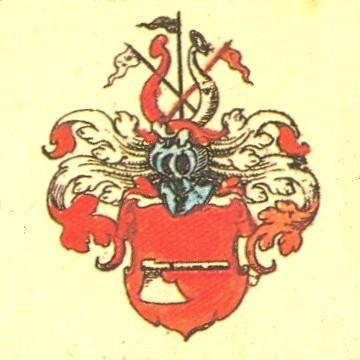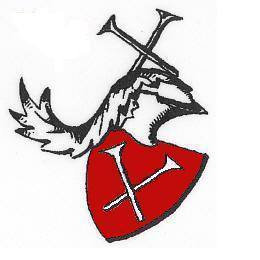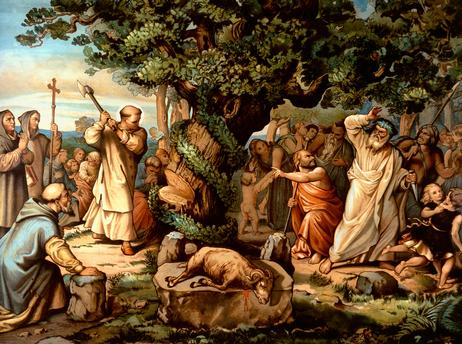Thirty six years as a missionary under difficult and dangerous conditions, ending in martyrdom, entitle this good and courageous English monk to the designation, “Apostle of Germany.”
Winfrid (Wynfrith or Wynfryth) was born into a Christian family of noble rank in the kingdom of Wessex. The reorganized English Church was full of fervor and vitality, from the inspiration two generations earlier of Augustine of Canterbury.
Winfrid presented himself in Rome with commendatory letters from the bishop of Winchester. He was welcomed warmly, his name was changed to Boniface (from the Latin, bonifatus) and in Spring of the following year, when traveling conditions were favourable, he was sent forth with a general commission to preach the word of God to the heathen.
Crossing the lower Alps, he travelled through Bavaria into Hesse. Boniface had little difficulty in making himself understood, because the dialects of Teutonic tribes closely resembled his native Anglo-Saxon. Local chieftains, who had been previously baptised, supported his plans and influenced many others to be baptised. They gave Boniface a grant of land on which he later founded a monastery. Boniface reported these remarkable gains and was summoned back to Rome to be ordained bishop.
In Rome on St. Andrew’s Day, November 30, 722, Boniface was consecrated as a bishop with a general jurisdiction over the races in the parts of Germany and east of the Rhine. He was given a letter to the powerful Charles Martel, who gave Boniface the valuable gift of a sealed pledge of Frankish protection.
On his return to Hesse, the prestige of Boniface was vastly enhanced by authority from both the Church and the civil power. Moving east into Thuringia, Boniface found everywhere people ready to listen. Boniface appealed to the English monasteries. The response was wholehearted. Bands of monks, schoolmasters, and nuns placed themselves under his direction. The two monasteries already built were enlarged and new ones founded.
The pallium was sent to Boniface in 731, appointing him archbishop and metropolitan beyond the Rhine, with authority to found new bishoprics. He founded new bishoprics at Erfurt for Thuringia and Wurzburg for Franconia. In 741 the great Benedictine abbey at Fulda was founded.
The accession in 74I of the sons of Charles Martel, provided an opportunity for Boniface to call a synod. This first assembly was followed by several others. Boniface presided over them all, and was able to carry through many important reforms. Vacant bishoprics and parishes were filled, discipline established, and fresh vigour infused into the Frankish Church.
Boniface was given a metropolitan see in 747. Cologne was at first proposed as his cathedral city, but Mainz was finally chosen. “Without the patronage of the Frankish chiefs,” Boniface wrote in a letter to England, “I cannot govern the people or exercise discipline over the clergy and monks, or check the practice of paganism.”

The helmet above the shield indicated noble rank by the display of barred or open face helmets after 1615. Closed or tilting helmets were displayed by Knights and gentlemen.

